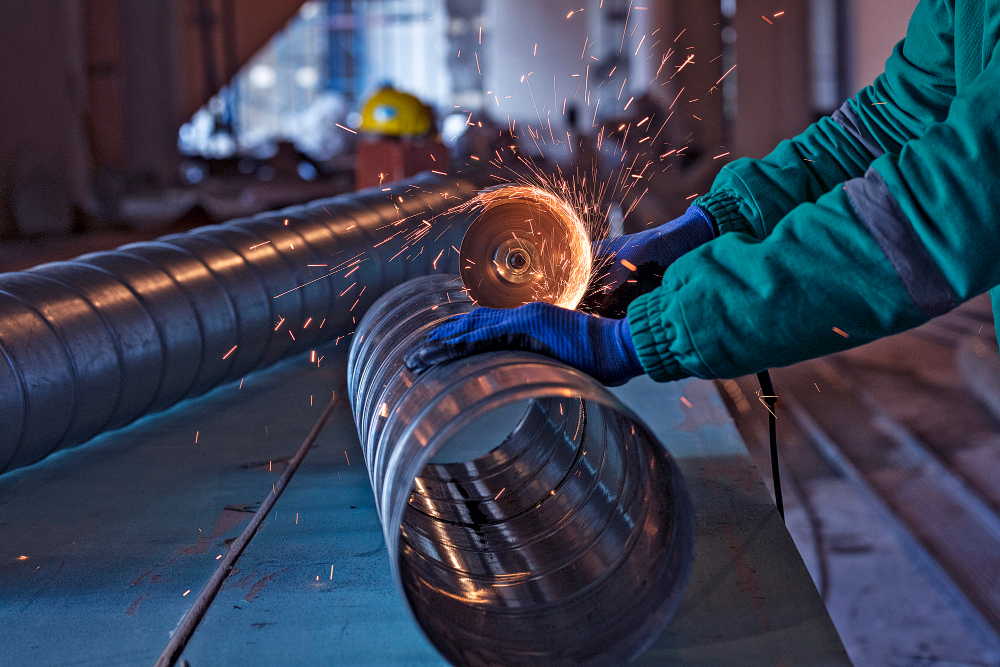MAINTANANCE WORK
Maintenance work is an essential part of ensuring that equipment and systems remain in good working condition and operate safely and efficiently. At Aarav Mechanical Engg, we understand the importance of maintenance work and offer a range of maintenance services to our clients.
Our maintenance services include preventive maintenance, predictive maintenance, and corrective maintenance. Preventive maintenance involves regularly scheduled inspections, cleaning, and lubrication of equipment to prevent breakdowns and prolong the lifespan of the equipment. Predictive maintenance involves using data analysis and diagnostic tools to identify potential problems before they occur. Corrective maintenance involves repairing equipment that has broken down or failed.
Our team of experts has the knowledge and experience needed to perform maintenance work on a wide range of equipment and systems, including piping systems, pressure vessels, heat exchangers, and more. We use the latest tools and techniques to ensure that our maintenance work is completed to the highest standards.
We also place a high priority on safety during maintenance work. Our team follows strict safety protocols to ensure that everyone on the worksite remains safe and secure throughout the maintenance process.
In addition to performing maintenance work, we also provide training and support to our clients to help them maintain their equipment and systems effectively. This includes providing training on best practices for maintenance, troubleshooting, and repair.
Overall, maintenance work is a critical part of ensuring that equipment and systems operate safely and efficiently. At Aarav Mechanical Engg, we have the expertise and experience needed to provide high-quality maintenance services to our clients, ensuring that their equipment and systems remain in top condition.


Maintenance work refers to the actions taken to ensure that equipment, machinery, and infrastructure are in good working condition, operating efficiently, and safe for use. Here are some common maintenance work points:
Inspect and clean equipment regularly: Regular inspections and cleaning can help identify and address any potential issues before they turn into bigger problems.
Lubrication: Proper lubrication of moving parts can help prevent wear and tear and extend the life of equipment.
Replace worn or damaged parts: Worn or damaged parts should be replaced as soon as possible to avoid further damage or safety hazards.
Check for leaks: Leaks can lead to equipment failure and safety hazards. Regular checks and repairs can prevent this.
Calibrate equipment: Proper calibration can ensure that equipment is working as intended and producing accurate results.
Check safety features: Safety features such as emergency stops, safety guards, and warning labels should be checked regularly to ensure they are functioning correctly.
Keep records: Keeping detailed records of maintenance work performed can help identify patterns and potential issues, as well as provide a history of maintenance for future reference.
Follow manufacturer guidelines: Following the manufacturer’s guidelines for maintenance and operation can help ensure that equipment is maintained properly and safely.
Training and education: Regular training and education for employees can help ensure that they are aware of potential hazards and can properly maintain and operate equipment.
Develop a maintenance schedule: A maintenance schedule can help ensure that regular maintenance is performed on equipment and infrastructure, reducing the likelihood of unexpected breakdowns or failures.
